Free courses
Produced by The Open University, a world leader in open and distance learning, all OpenLearn courses are free to study. We offer nearly 1000 free courses across 9 different subject areas. Our courses are available to start right away.
- Classical Studies
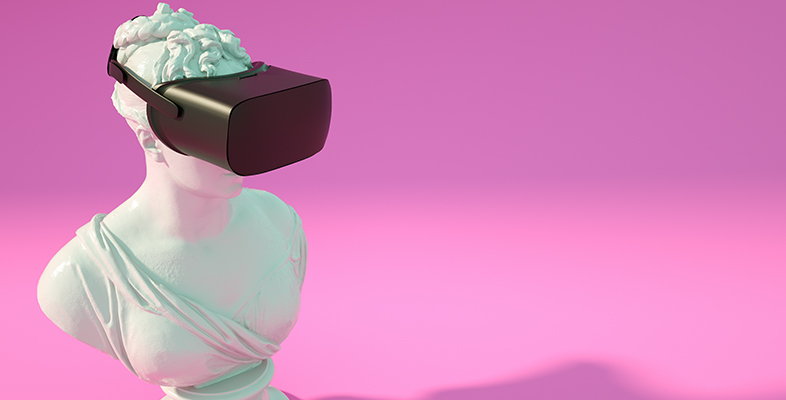 free course icon
level 1: introductory icon
free course icon
level 1: introductory icon
History & The Arts
Herodotus and the invention of history
With the information explosion online, how can you tell fake news from the real thing, or be more sensitive to how information can be weaponised? In the fifth-century BCE, a Greek by the name of Herodotus faced a similar challenge when he set out to examine why his people, the Greeks, and the Persians went to war with each other. Chief among his...
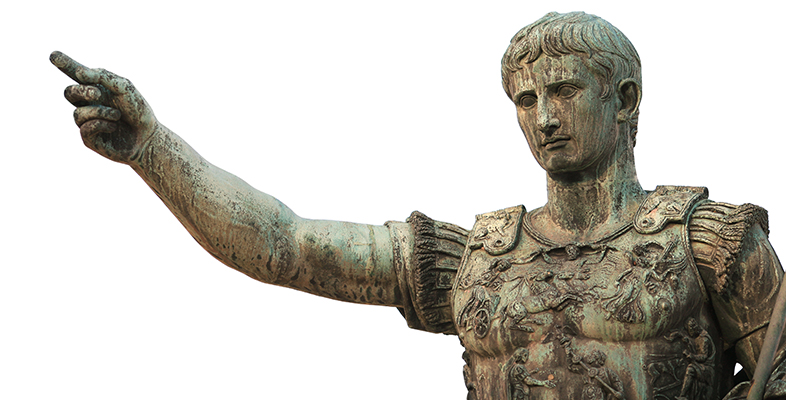 free course icon
level 1: introductory icon
free course icon
level 1: introductory icon
History & The Arts
The many guises of the emperor Augustus
This free course focuses on Rome’s first emperor, Augustus, who lived from 63 BCE to 14 CE. The rule of Augustus marked a significant political change in Rome, and Augustus’ position as emperor was initially fragile and controversial. Key to his success in holding onto power was his masterful use of visual propaganda to cement his position and ...
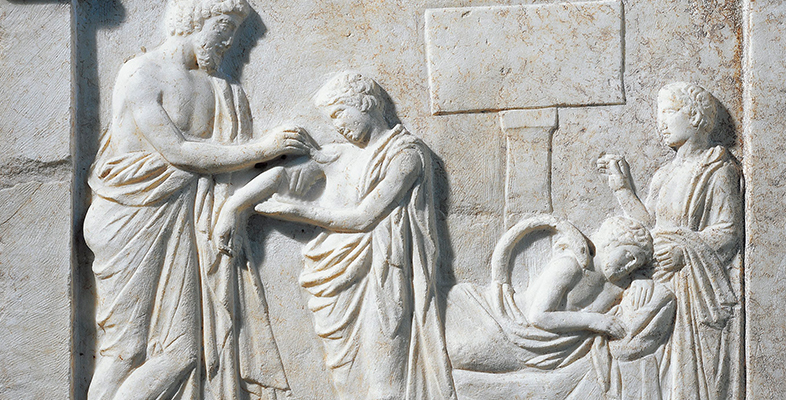 free course icon
level 1: introductory icon
free course icon
level 1: introductory icon
History & The Arts
Exploring ancient Greek religion
The ancient Greeks did not have a term equivalent to the English word ‘religion’. However, their world was populated by numerous figures they both recognised and worshipped as divinities. Among these figures was Amphiaraos, an ancient Greek hero who was later worshipped as a god and popularly associated with healing through the medium of dreams....
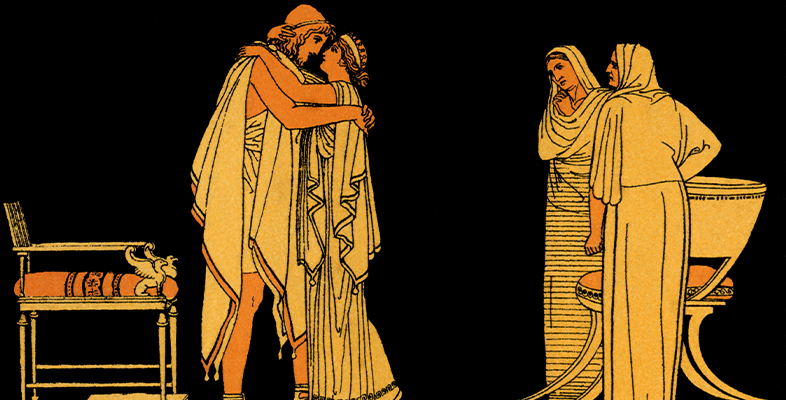 free course icon
level 1: introductory icon
free course icon
level 1: introductory icon
History & The Arts
Exploring Homer’s Odyssey
This free course introduces Homer’s ancient Greek epic poem, the Odyssey, which tells of Odysseus’ long journey home after fighting in the Trojan War, and his eventual reunion with his wife Penelope. Odysseus is famous for his cunning and his courage, and for the exploits he undertakes on his travels; meanwhile Penelope is renowned for her ...
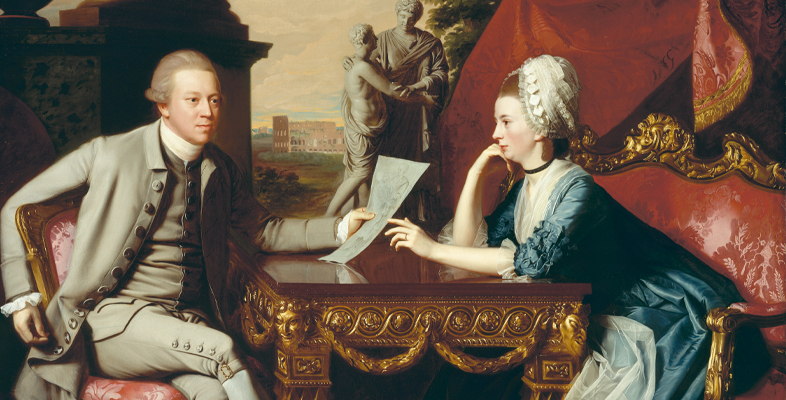 free course icon
level 1: introductory icon
free course icon
level 1: introductory icon
History & The Arts
Travelling for culture: the Grand Tour
In the eighteenth century and into the early part of the nineteenth, considerable numbers of aristocratic men (and occasionally women) travelled across Europe in pursuit of education, social advancement and entertainment, on what was known as the Grand Tour. A central objective was to gain exposure to the cultures of classical antiquity, ...
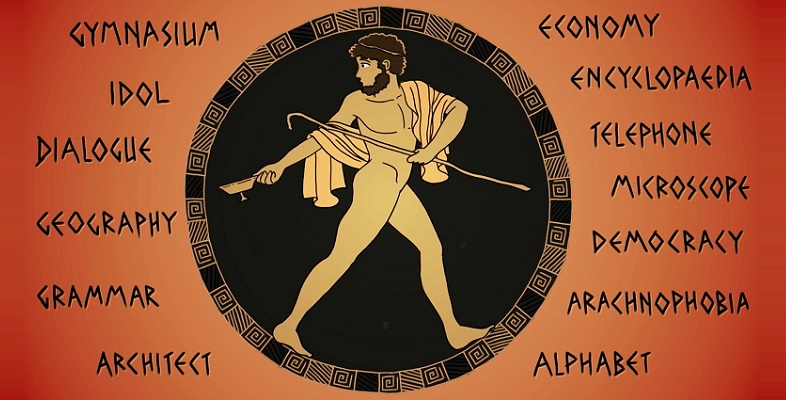 free course icon
level 1: introductory icon
free course icon
level 1: introductory icon
History & The Arts
Getting started on ancient Greek
This free course, Getting started on ancient Greek, offers a taster of the ancient Greek world through the study of one of its most distinctive and enduring features: its language.The course approaches the language methodically, starting with the alphabet and effective ways to memorise it, before building up to complete Greek words and sentences...
 free course icon
level 2: intermediate icon
free course icon
level 2: intermediate icon
History & The Arts
Icarus: entering the world of myth
This free course, Icarus: entering the world of myth, will introduce you to one of the best-known myths from classical antiquity and its various re-tellings in later periods. You will begin by examining how the Icarus story connects with a number of other ancient myths, such as that of Theseus and the Minotaur. You will then be guided through an...
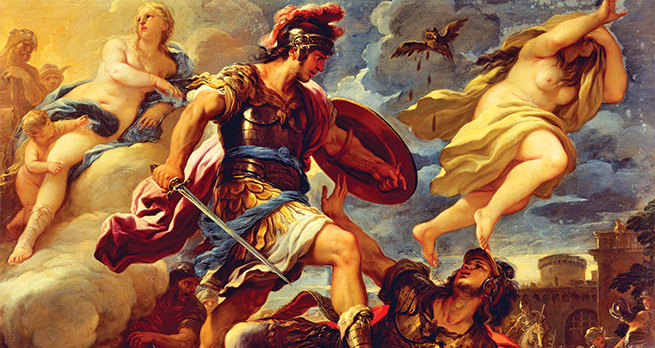 free course icon
level 2: intermediate icon
free course icon
level 2: intermediate icon
History & The Arts
Introducing Virgil’s Aeneid
This free course offers an introduction to the Aeneid. Virgil’s Latin epic, written in the 1st century BCE, tells the story of the Trojan hero Aeneas and his journey to Italy, where he would become the ancestor of the Romans. Here, you will focus on the characterisation of this legendary hero, and learn why he was so important to the Romans of ...
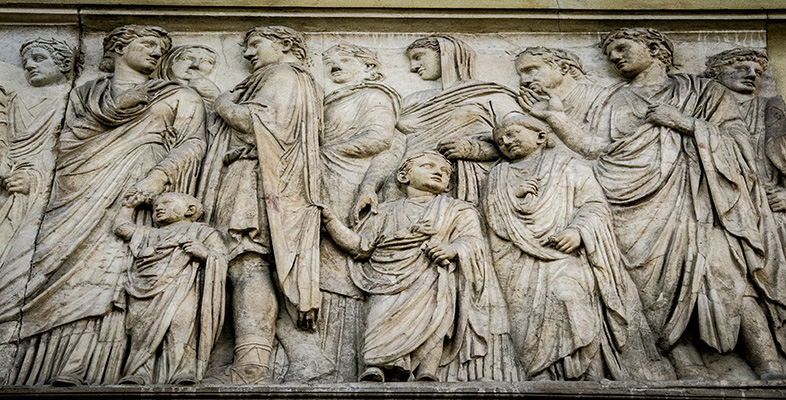 free course icon
level 2: intermediate icon
free course icon
level 2: intermediate icon
History & The Arts
Introducing the Classical world
How do we learn about the world of the ancient Romans and Greeks? This free course, Introducing the Classical world, will provide you with an insight into the Classical world by introducing you to the various sources of information used by scholars to draw together an image of this fascinating period of history.
 free course icon
level 3: advanced icon
free course icon
level 3: advanced icon
History & The Arts
Library of Alexandria
One of the most important questions for any student of the ancient world to address is 'how do we know what we know about antiquity?' Whether we're thinking about urban architecture, or love poetry, or modern drama, a wide range of factors shape the picture of antiquity that we have today. This free course, Library of Alexandria, encourages you ...
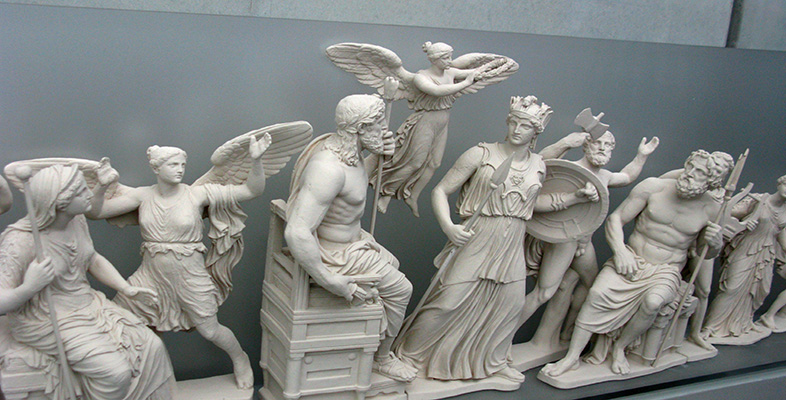 free course icon
level 3: advanced icon
free course icon
level 3: advanced icon
History & The Arts
The body in antiquity
This free course, The body in antiquity, will introduce you to the concept of the body in Greek and Roman civilisation. In recent years, the body has become a steadily growing field in historical scholarship, and Classical Studies is no exception. It is an aspect of the ancient world that can be explored through a whole host of different types ...
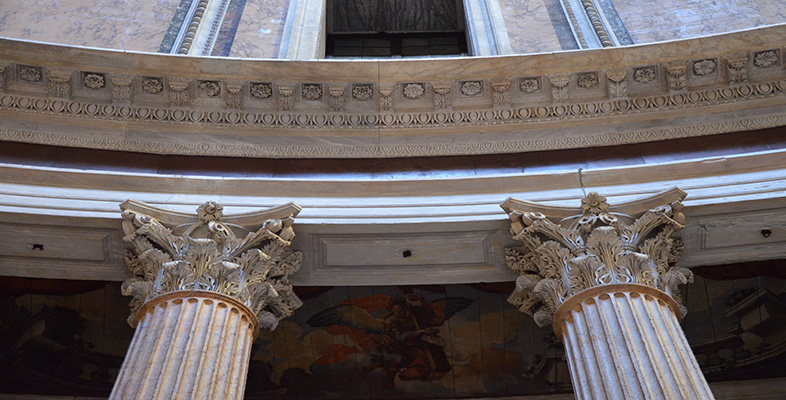 free course icon
level 3: advanced icon
free course icon
level 3: advanced icon
History & The Arts
Hadrian's Rome
This free course, Hadrian's Rome, explores the city of Rome during the reign of the emperor Hadrian (117-38 CE). What impact did the emperor have on the appearance of the city? What types of structures were built and why? And how did the choices that Hadrian made relate to those of his predecessors, and also of his successors?